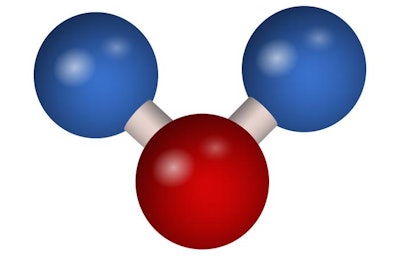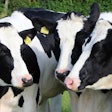
The European carbon dioxide (CO2) shortage first hit headlines with fears that beer supplies could run short during the FIFA World Cup, but the shortage is having a far wider impact extending to poultry and other food production, with some abattoirs already refusing to take more animals.
While expected to be over by the end of June, on July 1 one major UK retailer started restricting sales of carbonated soft drinks, following in the footsteps of the U.K.’s largest supermarket chain, which had already limited beer sales, indicating that problems are ongoing.
The shortage is thought to worse in the north of Europe than in the south. In the U.K., for example, the British Poultry Council (BPC) has called on government and major gas producers to prioritize slaughterhouses and to keep the food chain moving.
A high proportion of the British poultry meat industry, 50-60 percent, uses CO2 to stun birds prior to slaughter. If birds cannot be stunned, they cannot be slaughtered.
The risk is increasing of birds remaining on farm, with possible cost, supply and welfare concerns. A further impact may be that hatching chicks have no farm to go to.
Decisions may soon have to made on removing flocks from production process, which may mean on-farm slaughter, the BPC warns.
Hungry all around
But it is not only the poultry sector that is feeling the affects of the gas shortage.
A Scottish abattoir has stopped taking pigs, beer producers are warning of dwindling stocks and with CO2 used in a whole variety of products from fresh and frozen meat through to drinks, ready-meals and packaged salads, its short supply has the potential to impact numerous sectors of the food industry and supplies to consumers.
How did we get here?
CO2 used in food manufacturing is mainly a by-product of ammonia production for fertilizers.
Ammonia production across Europe usually stops during the spring months and stocks of CO2 are then used to supply contracts, however, over the last year ammonia production has been lower than usual, and consequently so has CO2 production.
At least one gas supplier has had technical difficulties, restricting production further.
As of July 1, at least three producers in the UK were closed, two in France and Germany and one in the Netherlands.


















